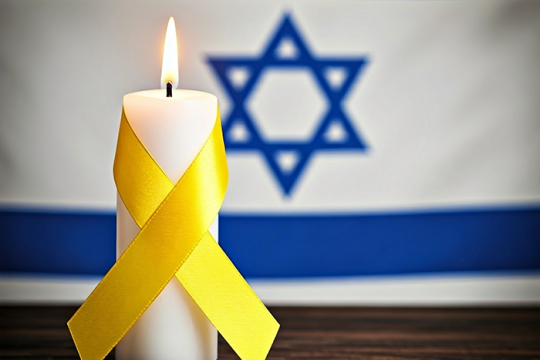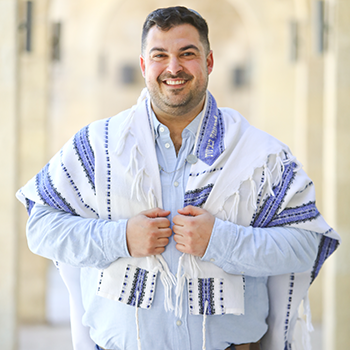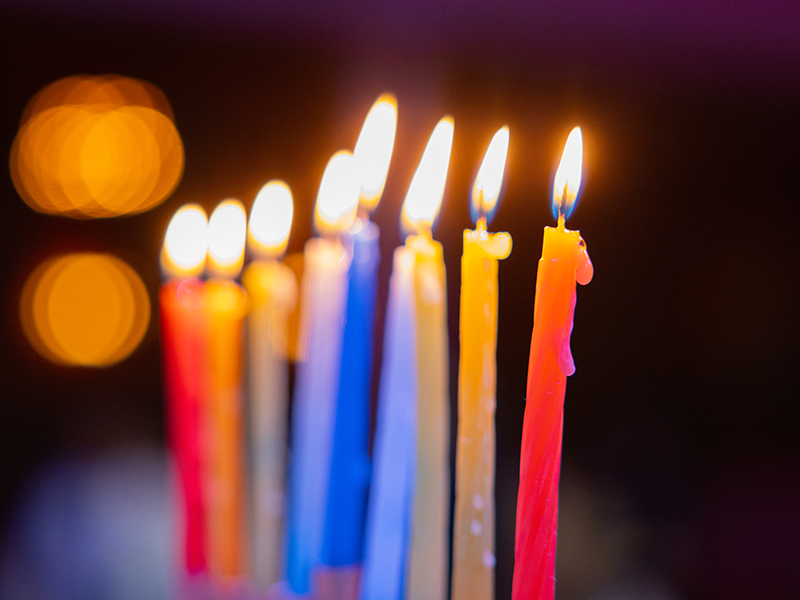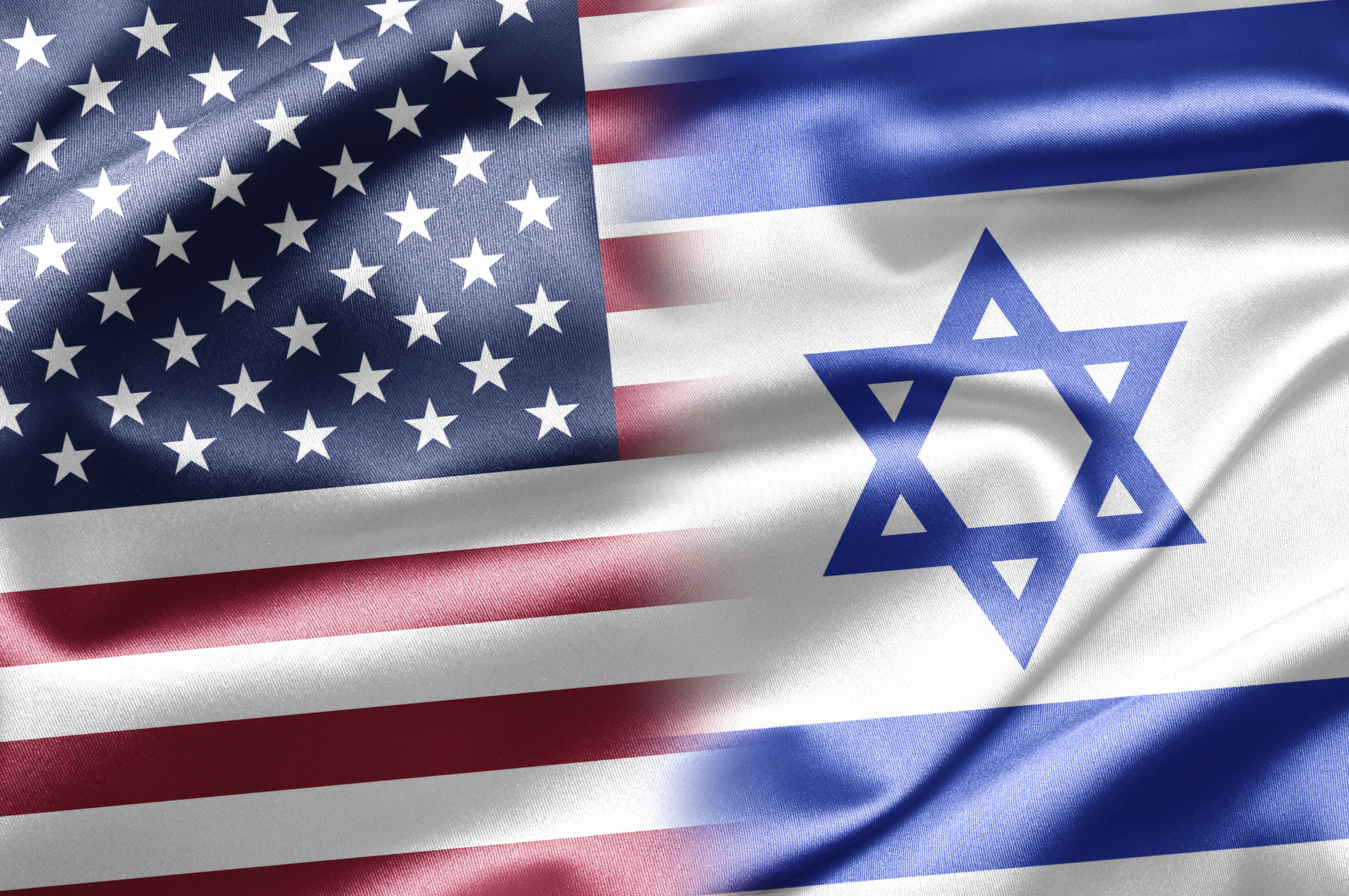
This year, Yom HaAtzmaut, Israel's Independence Day, finds me in a place that the past 10 years have not: in my birth country, the United States. My journey to and from Israel includes chapters that people can instinctively understand: a year of protesting judicial overhaul in Israel, the events of October 7th, and the bitter war in which we are still immersed. My journey also contains chapters unique to my own personal and professional life, new Jewish realities asking each of us to examine our lives, our new circumstances and then to make decisions accordingly.
Yom HaAtzmaut, this year, poses an interesting question that I have not needed to consider over the past decade: "what does Israeli Independence Day mean to the oleh (immigrant) who has turned around and gone back to the place where he began?"
I had never truly lived the sentiment of Yehuda HeLevi's famous line, "my heart is in the East, but I am on the uttermost edge of the West" before I made aliyah nearly ten years ago. Before I became Israeli, before I lived in Jewish time - past and present - I did not know this sense of longing for a place could exist. Today, it does not take up all my thoughts, it often fades to the background against the busy pace of day-to-day life. Nonetheless, it is ever present.
There are small things that make me miss Israel. For some reason, it is difficult to find a tomato as delicious as the Israeli grocery stores' standard. I miss not being able to end random conversations with "" when any Jewish holiday approaches. Sunsets over the Mediterranean, the bars in Jerusalem selling only kosher for Passover cider to honor the holiday, seeing the coast as your plane, finally, is just a few minutes from landing at Ben Gurion airport - all these moments are missing from my life.
There are big things I miss about Israel, too. I miss hearing Hebrew, our people's ancient language given new life in modern times. The language's beauty invites, and often demands, different interpretations. I miss the dugri, straight talk, which is often required by the reality of life in Israel. It is a remarkable way to solve problems. It toughens you up and forces people to listen to one another - something we could perhaps use a little more of here.
Most acutely, I miss the unique way Shabbat frames each week in Israel. It is hard to explain the magical transition from the frantic energy of yom shishi (Friday) as families go about their business preparing for Shabbat to the tranquility and calm as Shabbat descends. It is one of the most beautiful Jewish moments that happens anywhere in the world - and in Israel you have the privilege of being part of this magic every week!
For the oleh who has gone back to where they started, all these things are missing. But it is not all gloom and sadness. I, for one, feel extremely blessed to carry this longing with me. I am blessed to know that I belong in two places, carry two passports, and can bare my soul in two languages - one the language of my mother and father, the other the language of my ancestors.
So, what does this Yom HaAtzmaut mean to me, writing from the other side of the world? For this oleh, it means gratitude. I am deeply grateful for all those who made their journey to the Land of Israel; some were driven by their deeply held ideology, others fled to our ancient homeland because they truly had no other place to go. I am grateful for those who answered the call to serve in defense of the Jewish people and paid the highest price so that a Jewish nation might rise again in our time. I am grateful for all the citizens of Israel who work, day after day, to make the country a better place for all.
Israel is far from a perfect place. There is no such thing as a perfect place. Even with all its rough edges, Israel is, most significantly, our place. While I sit at the edge of the West, I know in my soul that, as the famous Israeli song reminds us, ein li eretz acheret - I have no other land.
Related Posts

From Ancient Ruins to Modern Marvels: 10 Must-See Sites in Israel
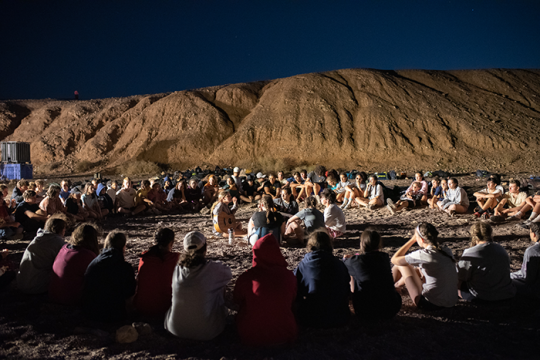
5 Life-Changing Reasons to Join Yallah! Israel This Summer
